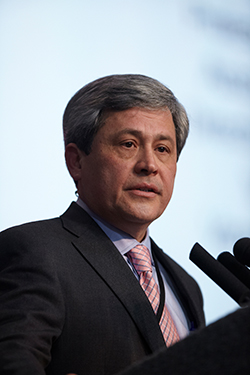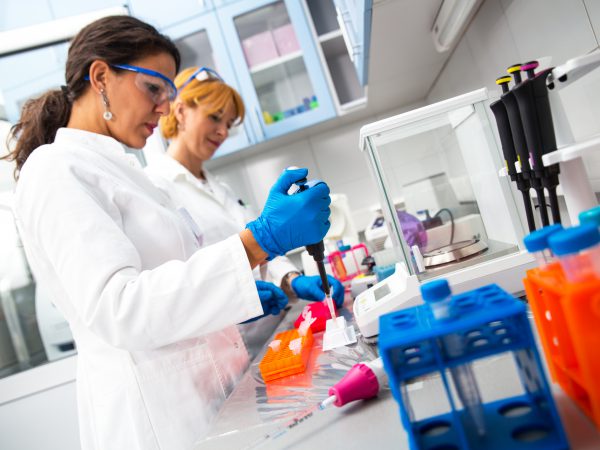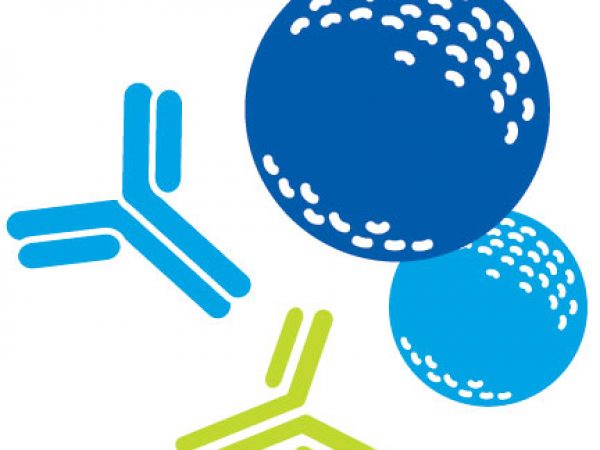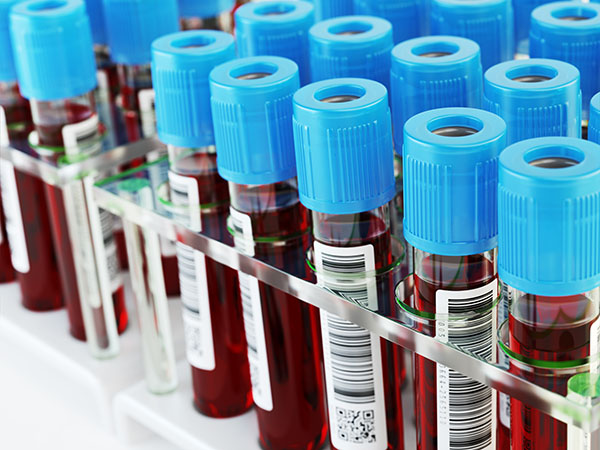SABCS 2015: Symposium Co-director Carlos L. Arteaga Previews Important Advances to be Presented
It’s that time of year again. The 38th annual San Antonio Breast Cancer Symposium (SABCS) is happening Dec. 8-12. The symposium is a joint effort of the Cancer Therapy & Research Center at UT Health Science Center San Antonio, the American Association for Cancer Research (AACR) and Baylor College of Medicine. About 8,000 are expected to attend, including basic, translational and clinical investigators, providers, advocates, and others, to present and discuss essential, up-to-the-minute information on breast cancer research and treatment advances.
“SABCS is the largest meeting in the world for the breast cancer family, where we get together every year and discuss the latest advances in translational and clinical research,” says breast cancer specialist and symposium co-director Carlos L. Arteaga, Donna S. Hall Chair in Breast Cancer Research and director of the Center for Targeted Therapies and Breast Cancer Program at the Vanderbilt-Ingram Cancer Center in Nashville, Tennessee.

Carlos L. Arteaga, MD, co-director of the San Antonio Breast Cancer Symposium and past-president of the AACR.
Arteaga, who is also past-president of the AACR, emphasized the importance of the symposium as a showcase for studies that bring new insights into the biology of breast cancer and practice-changing treatment options for breast cancer patients.
Topics to be discussed at this year’s symposium, as highlighted by Arteaga, include:
- First results from the randomized, phase III BELLE-2 trial that tested the efficacy of a combination of buparlisib and fulvestrant in postmenopausal women with endocrine therapy-resistant ER-positive/HER2-negative advanced breast cancer, using liquid biopsy to detect mutations in the PIK3CA gene
- Data from the phase III BOLERO-2 trial, in which cell-free DNA from plasma samples was used to analyze the development of ESR1 mutations as a mechanism of escape from endocrine therapy-based regimens
These two studies highlight the importance of liquid biopsies in predicting response to treatments while potentially sparing patients from an invasive biopsy, Arteaga explains.
- Results from the ABCSG-18 clinical trial that tested the impact of adding denosumab to adjuvant aromatase inhibitor therapy for postmenopausal patients with early-stage, hormone receptor (HR)-positive breast cancer
Given that prior results from this trial showed that denosumab significantly reduces clinical fractures in this patient population, results from this trial may consolidate the value of adjuvant denosumab for patients receiving adjuvant aromatase inhibitors, Arteaga says.
- Data from a large population-based study that compared 10-year overall survival rates in women with early-stage breast cancer who received breast-conserving surgery versus mastectomy
There is a rise in mastectomies among early-stage breast cancer patients in the United States, but it is not known if this is a better option than breast-conserving surgery; this study will provide such information, Arteaga says.
- Results from early survival analysis of the randomized phase II GeparSixto trial investigating the addition of carboplatin to neoadjuvant therapy for triple-negative and HER2-positive early-stage breast cancer
Trial results will highlight the importance of using pathological complete response (pCR) as a surrogate endpoint of long-term outcome, Arteaga explains.
- Data from the first randomized double-blind controlled MANTICORE trial that evaluated pharmacological strategies, including using beta blockers, to prevent adjuvant trastuzumab-mediated cardiac remodeling and/or dysfunction in HER2-positive, early-stage breast cancer patients.
This is the first large trial testing an approach that can help the management of patients that develop cardiac dysfunction as a result of anti-HER2 therapies, according to Arteaga.
- Data from the phase III IBIS-II DCIS clinical trial that compared the aromatase inhibitor anastrozole with tamoxifen for the prevention of breast cancer recurrence in postmenopausal women with locally excised ductal carcinoma in situ
“This trial expands post-treatment options for patients with DCIS,” Arteaga says.
Important trends in breast cancer research and treatment
Arteaga identified genotype-driven clinical trials, the increasing use of neoadjuvant therapies, and the use of liquid biopsies to predict treatment response as recent, emerging trends in breast cancer research and treatment. Early progress is also being made with immunotherapies, particularly for triple-negative breast cancers, he adds.
Symposium from a breast cancer patient and advocate’s perspective:
Dale Eastman, a co-founder of the Alamo Breast Cancer Foundation (ABCF), a non-profit patient advocate program, was diagnosed with breast cancer in 1990. “There was very little breast cancer information for patients in media or print back then. I made a vow to myself that if I survived the treatment, I was going to do something to try and make things better for breast cancer patients,” she says.
Eastman recollects the events that led to the integration of ABCF into SABCS. “After two years of attending the SABCS, the organizers invited me and another member of the ABCF to facilitate an advocate program at the symposium. The first Alamo Breast Cancer Foundation Patient Advocate Program was held at the SABCS in 1998,” she says.
Since then, the ABCF has invited representatives from several breast cancer patient advocacy organizations to apply for scholarships to attend SABCS.
Eastman hopes that the ABCF Patient Advocate Program scholarship will help participants learn about the latest research findings at the symposium and disseminate the information to their constituencies.
“I would like to tell breast cancer patients, advocates and caregivers that things are moving in the right direction,” Arteaga says, adding, “The research community will continue to keep making advances in the field to improve the lives of breast cancer patients.”
Watch this space to learn about the important research advancements presented at SABCS 2015.
This post is adapted from an article on the website of Cancer Today, a quarterly magazine for cancer patients, survivors, and caregivers published by the AACR. Read all of Cancer Today’s SABCS coverage.



